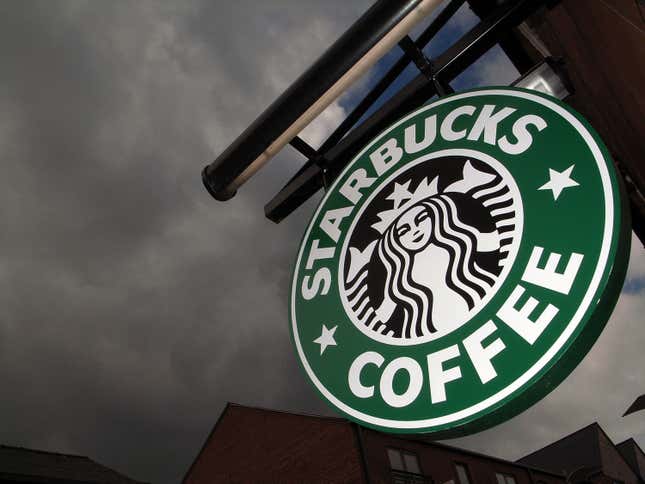Starbucks Employees Got Sick, But Stores Stayed Open
Latest

As covid-19 continues to spread at a rapid rate, it has become alarmingly clear how many companies are willing to sacrifice the health of their employees (and their customers) in the name of continuing to make a profit. Amazon has long been known for the egregious working conditions in its warehouses, but on Thursday, it came out that the company has also been failing to notify warehouse workers when people who worked in their facility tested positive for covid-19.
Starbucks is the latest retailer whose policies and practices surrounding the covid-19 pandemic are coming under scrutiny for putting people at risk of contracting the disease. According to an ongoing Buzzfeed News investigation, it’s just one of many major companies who have kept stores open, despite providing minimal guidance to their employees around how to actually operate during the pandemic. It’s no secret that service industry workers, many of whom were already living paycheck to paycheck and whose jobs can’t be done remotely, are particularly at risk during this pandemic. But investigations like this are revealing that many companies have been failing to take even the most basic steps—say, providing hand sanitizer or letting employees wear masks—to keep themselves and those around them safe.
-

-

-

-

-

-

-

-

-

-

-

-

-

-

-

-

-

-

-

-

-

-

-

-

-

-

-

-

-

-

-

-

-

-

-

-

-

-

-

-








































